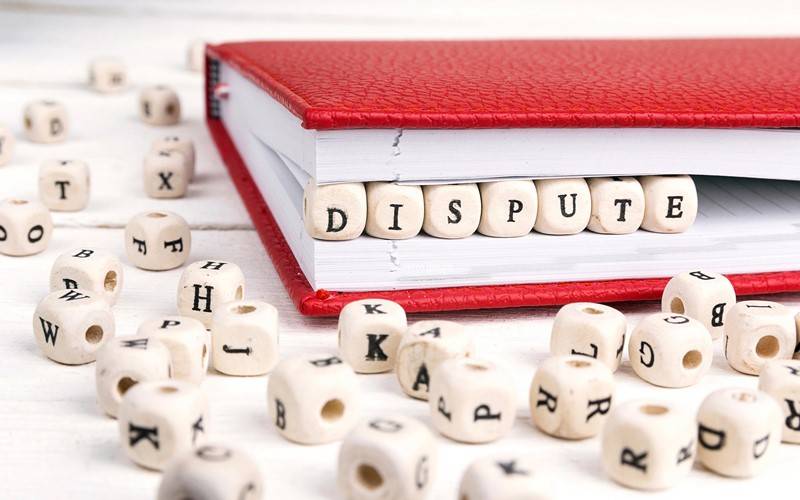
How to Deal with Commercial Disputes and Construction Disputes
Commercial disputes will be inevitable in the post-COVID-19 world. Sonam Chandwani, Managing Partner at KS Legal & Associates and head of its Corporate Litigation Practice, specialises in commercial structures, litigation and mergers & acquisitions. She details the best way to resolve any commercial disputes in the ‘new normal’:
One of the unintended consequences of the stringent COVID-19 lockdown could be a jump in the number of commercial disputes, especially in the construction and real estate sectors. The lockdown led to an unexpected disruption in commercial activities threatening firms’ abilities to fulfill their contractual obligations.
The primary dispute could arise in terms of fulfilling contractual obligations. Each party has its pre-decided terms of the contract. There is a probability of a party being in breach of the contract if they fail to perform the conditions, warranties and other terms promised to perform.
The companies could suffer from delays when a product or a project is not delivered within the time frame of the contract. Lastly, there could be complete non-performance of the contractual obligations due to the Coronavirus crisis.
Commercial disputes can be messy and financially expensive for the parties involved.
This makes it important for companies and their management to get a firm grip on the various nuances of contract enforcement and the dispute resolution mechanism.
The first step would be to understand the laws governing contracts in India. It will determine the course of law available as a remedy. Many of the disputes are likely to be around the invocation of ‘force Majeure which literally refers to unforeseeable circumstances that prevent someone from fulfilling a contract. The Indian Contract Act, 1872 provides for a statutory provision of Force Majeure.
The government also has memorandums that declared force majeure and issued directions to agencies and departments. Force majeure could be a feasible option for a distressed party failing to comply with the terms of the contract leading to a dispute between the parties.
Another important source of dispute could be the triggering of the material adverse clause (MAC) of a contract. MAC clause confers the parties with a right to terminate the contract upon the occurrence of any event which affects materially the viability of the transaction. However, to agree on the materiality of an event by both parties should be on the same terms.
Along with commercial transactions, another area of business that is facing significant disruption from COVID-19 is the construction industry. Many countries rely on imported labor for construction projects. With governments tightening immigration controls and closing their borders, the workforce has come under significant strain in the industry.
Contractors and employers, therefore, need to understand their contractual rights and act accordingly. It is important to ensure that the right contractual clauses are used when making claims for additional time and/or money to complete the contract.
For instance, whilst a Force Majeure clause will potentially provide the contractor with recourse in relation to time, it will not usually give entitlement to recovery of additional costs. However, a clause for adjustments to changes in legislation could potentially provide entitlement to both time and costs if the government has changed the laws as part of their measures to combat COVID-19.
But a major consideration is that whilst a contract may give potential entitlements, the parties would still have an obligation to demonstrate that the claimed events actually caused the delay, disruption, or additional expenditure. To do this effectively, the contractor will need to show the effects of delaying events through critical path analysis and possibly measured mile analysis.
It is therefore essential that such records are kept in sufficient detail.
In the given scenarios, every company impacted by the COVID19 outbreak would need to consider if adverse financial consequences of business interruption can be claimed under the insurance policy. There will be a need to review their existing business interruption insurance policies to protect themselves against any losses sustained from exposure to the epidemic.
In order to minimize the disputes, all formal notices and other written and verbal communications among the parties should be precise, factual, and without emotion or hyperbole. The point is to inform while also satisfying technical notice requirements.
The fact to be kept in mind is that currently, the Courts are easily accessible to sort disputes, which itself is unprecedented in nature. Thus, attempts should be made to amicably solve the disputes arising from the COVID-19 pandemic.
Tags: construction litigation, commercial dispute resolution, commercial disputes, construction claims, construction dispute resolution, commercial litigation lawyers, construction disputes, commercial litigation, business litigation
